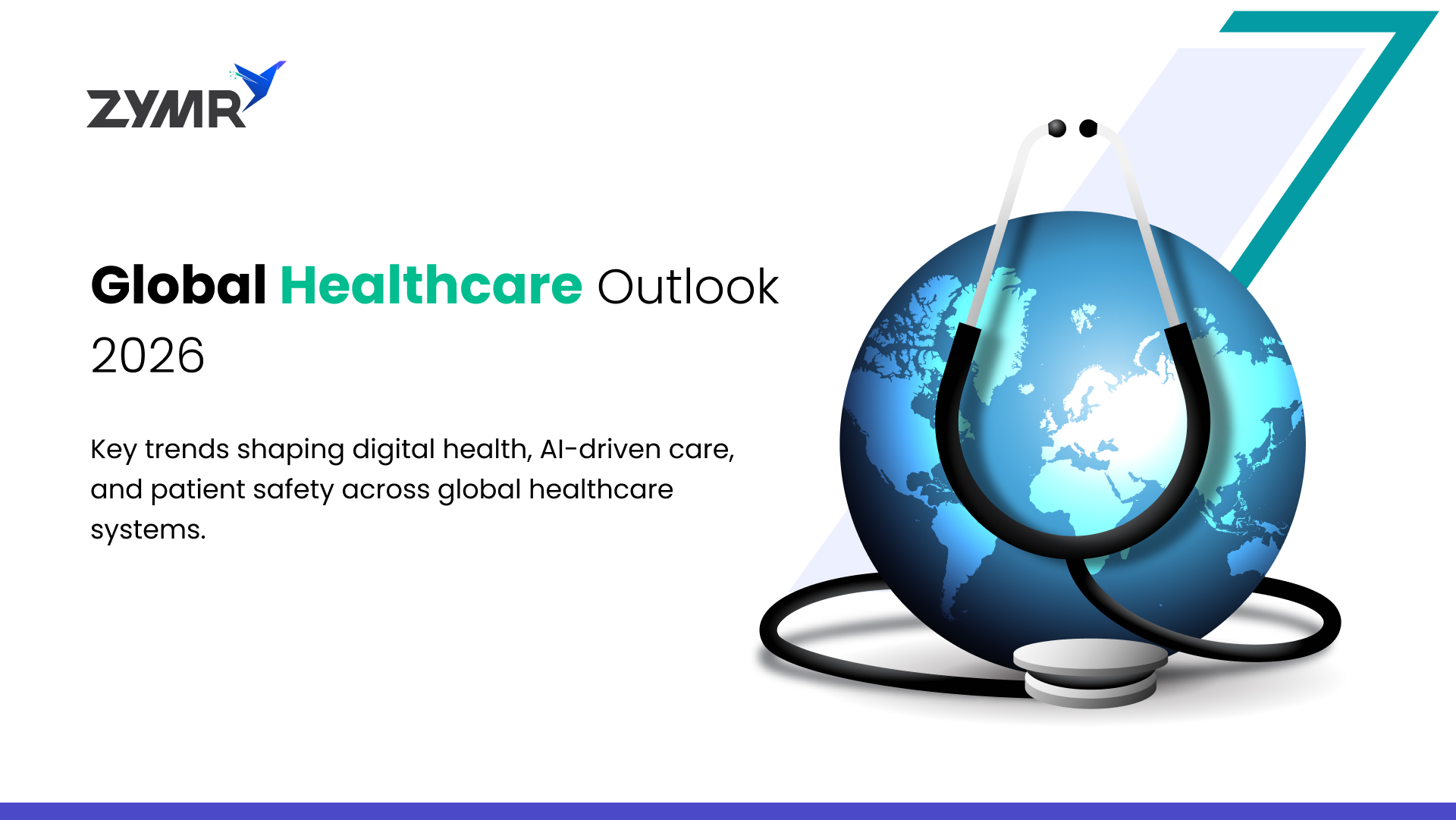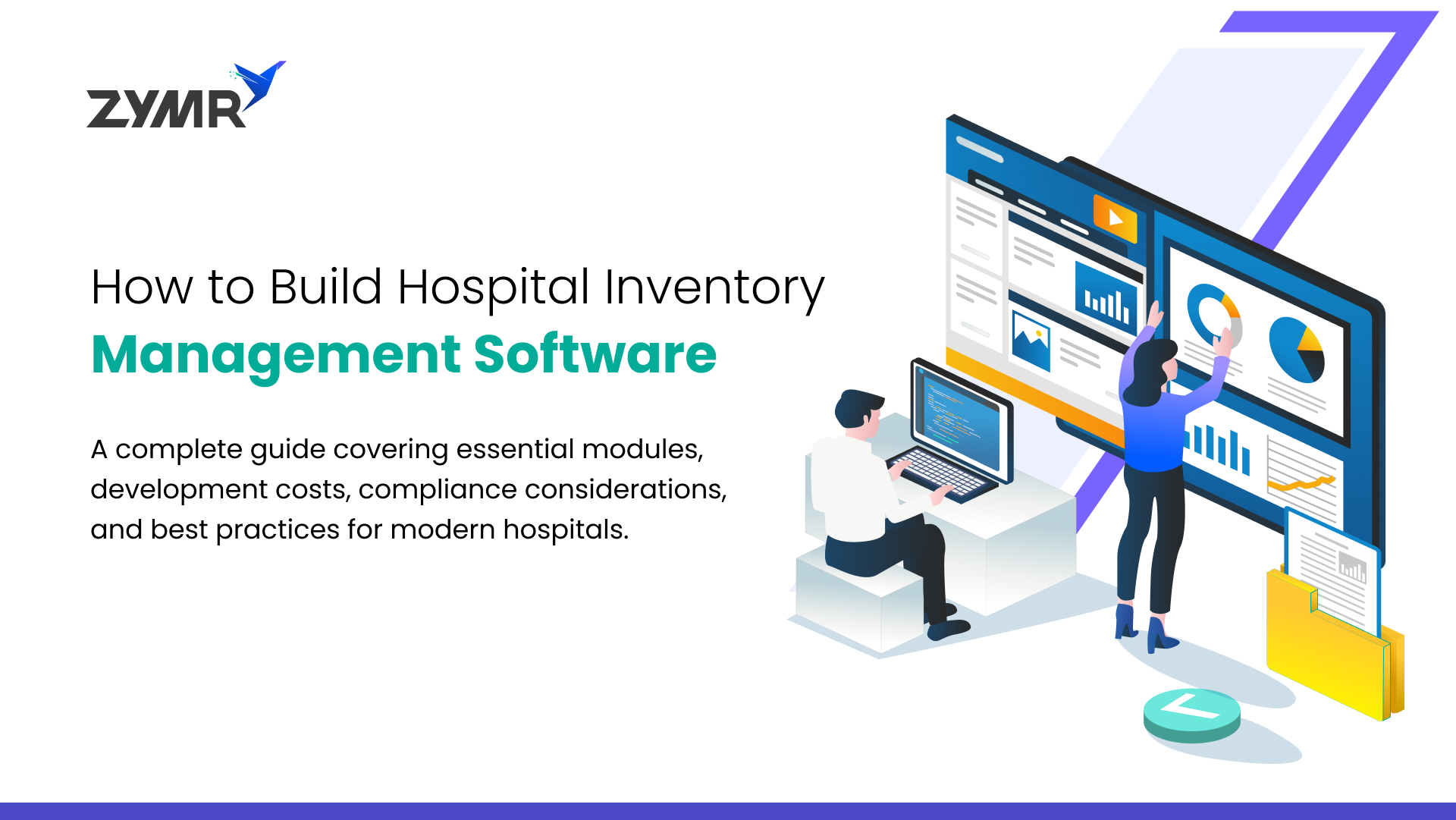Websites are becoming more complex than ever in today’s technologically advanced society. The number of PHP frameworks out there is vast and plentiful for the average designer. Notably speaking, PHP frameworks are responsible for backing over 80% of today’s web pages on the Internet. Choosing a PHP framework that will prove beneficial for one’s website may not be as simple as it used to be.There is no unique method of selecting a PHP framework for Cloud Application Development What a developer needs to focus on are the primary factors. This analysis can then lead to choosing the appropriate framework that will benefit the user the most. Frameworks aren’t “one size fits all” - they differentiate based on concepts. A simple way to test out with framework functions optimally is to create a simple request-response web app – along with AJAX. The finished result will allow the developer to select which framework best suits them.The core framework code is tested thoroughly by a plethora of software developers – ideally to ensure that all errors and bugs are allocated and fixed on a timely basis. Note that most PHP frameworks are open source. The upside of having a large developer community base to work with the framework is one can ask and answer questions and inquiries regarding the core of the framework. Each individual essentially has an appropriate responsibility that contributes to the project as a whole. Lastly, a faulty core framework code takes an immense amount of time to debug by oneself if a problem were to arise.Benefits of Utilizing a FrameworkAn essential component that benefits every developer is the ability to systematically design and organize the development process. By utilizing a framework, developers can separate their code logically, which in turn will increase their productivity – assuming they are familiar with the layout of the framework. The development process also requires the developer to write complex queries to retrieve data from the database. However, if the developer is using a framework in place of raw PHP, they will gain access to CRUD Operations (Create, Read, Update, Delete). Additionally, the application code of frameworks is easier to maintain and work with. This is one of the main reasons why developers are going this route. Now, although vanilla PHP can be utilized to create almost any type of application, today’s app standards require tools that can get the job done effectively and rapidly – due to increasing market demand.Diving Into a PHP FrameworkNot every framework is similar to one another. For instance, Symfony focuses on reusable components to provide optimal modularity. Furthermore, it also utilizes a model controller for app development that can outperform other framework systems. Another example would be Yii, which uses an MVC Framework. Similar to Symfony, Yii is also a modular framework that also utilizes components but is less modular than Symfony. Ultimately, the decision lies in the hands of the developer. A solid place to start would be Symfony due to its enhanced capabilities and sharp approach for PHP-based Cloud Application Development.
Conclusion
FAQs
>
>
>
>
>
Have a specific concern bothering you?
Try our complimentary 2-week POV engagement
Our Latest Blogs

January 15, 2026
Global Healthcare Outlook 2026: Key Trends in Digital Health, AI, and Patient Safety

January 15, 2026
Top 10 Healthcare IT Services Companies Transforming Healthcare Delivery(2026)

January 15, 2026






.svg)
.svg)
.svg)
.svg)
.svg)
.svg)
